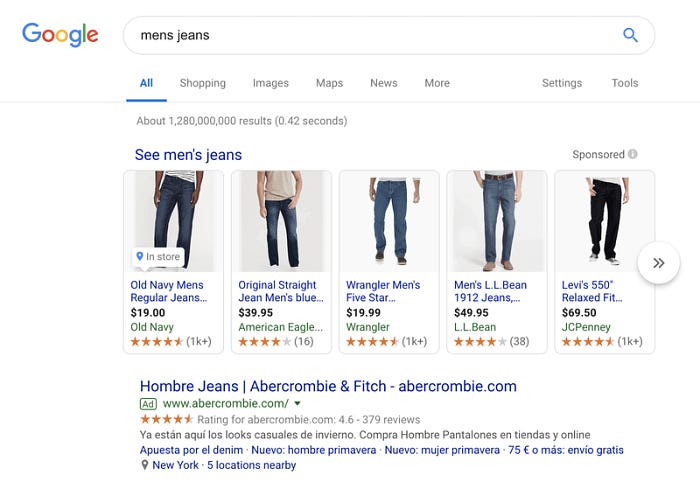SEO Strategies For Your E-commerce Business
Brands use search engines as a crucial component of their digital marketing strategy to increase visibility, drive traffic, and ultimately boost sales. Here are key ways in which brands leverage search engines for marketing:

Search Engine Optimization (SEO):
- Brands optimize their websites to rank higher in search engine results pages (SERPs). This involves using relevant keywords, creating high-quality content, and ensuring website structure and technical aspects are search engine-friendly.
- SEO helps brands appear prominently when users search for products, services, or information related to their industry.

Content Marketing:
- Brands create valuable and relevant content to attract and engage their target audience. This content, such as blog posts, articles, and videos, not only provides information but also helps improve search engine rankings.
- By addressing user queries and providing solutions, brands can establish themselves as authorities in their niche.

Pay-Per-Click (PPC) Advertising:
- Brands use paid advertising through platforms like Google Ads to appear at the top of search results for specific keywords.
- PPC allows for precise targeting, and brands pay only when users click on their ads. This can be an effective way to drive immediate traffic and generate leads.

Local SEO:
- For businesses with physical locations, optimizing for local search is crucial. This involves creating and optimizing Google My Business profiles, obtaining positive reviews, and ensuring accurate business information.
- Local SEO helps brands appear in local searches and maps, attracting nearby customers.
Social Media Integration:
- Brands integrate their social media profiles with search engine strategies. Social media signals, such as likes, shares, and comments, can positively impact search rankings.
- Content shared on social media platforms can drive traffic back to the website, enhancing overall online visibility.
Mobile Optimization:
- Given the prevalence of mobile device usage, brands ensure their websites are optimized for mobile. This includes responsive design, fast loading times, and mobile-friendly content.
- Google considers mobile-friendliness as a ranking factor, making it essential for brands to cater to mobile users.

Analytics and Data Utilization:
- Brands leverage analytics tools to track the performance of their online efforts. By analyzing user behaviour, conversion rates, and other metrics, they can refine their strategies.
- Data-driven insights help brands make informed decisions and continually optimize their online presence.
In summary, brands use search engines as a multifaceted tool to enhance their online presence, connect with their target audience, and drive business results. A holistic approach that combines SEO, content creation, paid advertising, and strategic use of data can yield a strong and effective search engine marketing strategy.
Comments
Post a Comment